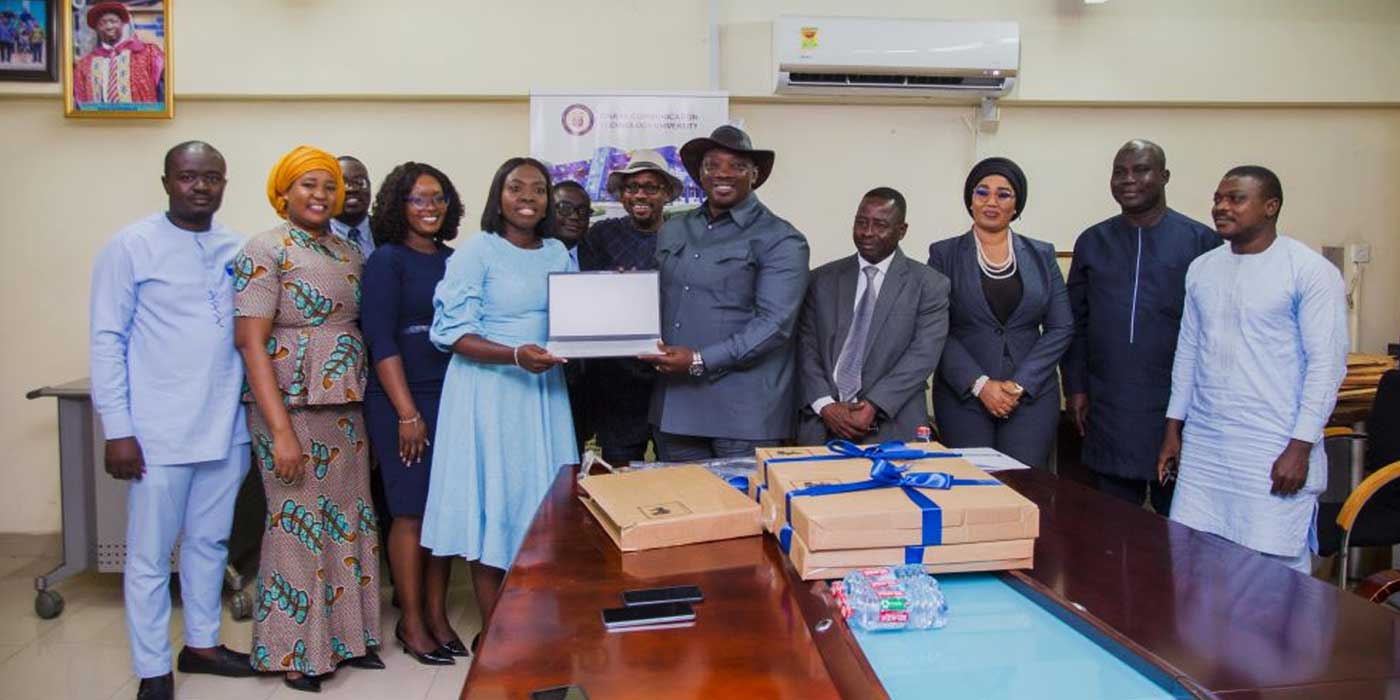
The Deputy Chief of Staff, Nana Oye Bampoe Addo, has said that professional growth is not a solo journey but a shared mission, and has urged students to actively engage with professional bodies as strategic partners in their career development.
She made the statement during her keynote address at a seminar organized by the GCTU Business School on Thursday, June 26, 2025, under the theme “The Role of Professional Bodies in Professional and Career Growth.”

Addo emphasized that in today’s competitive and fast-changing global economy, having a degree alone is no longer enough. “Your capacity must keep pace with the technological revolution that is reshaping every single profession,” she said. “Professional bodies are more than just organizations; they are enablers of growth, development and excellence.”
She also highlighted the important role professional associations play in upholding ethical standards, promoting lifelong learning and opening doors to global networking, certification and mentorship opportunities. “Whether you’re a student planning your entry into a profession or an experienced expert aiming to innovate, one of the smartest investments you can make in your career is joining a relevant professional body,” she added.
Bridging the Gap Between Academia and Industry

Welcoming participants to the seminar, the Acting Pro Vice Chancellor, Prof. Ebenezer Malcalm, speaking on behalf of the Vice Chancellor, Prof. Emmanuel Ohene Afoakwa, stressed the University’s commitment to bridging the gap between academic education and the practical demands of industry. He described the seminar as a vital step toward equipping students not just with theoretical knowledge but with professional competence that boosts employability and real-world performance.
The Dean of the Business School, Prof. George Oppong Ampong, in his remarks, said the event provided students with direct access to industry gatekeepers and encouraged them to make informed decisions about their professional journeys.
Industry perspectives

Thirteen professional bodies were present at the seminar, each engaging with students on career pathways, certifications and the relevance of professionalism in the modern workplace.
Speaking on behalf of the Chartered Institute of Bankers (CIB), Mr. Patrick Baah Abankwah, outlined how the Institute is responding to technological shifts and the demands of the modern financial sector. “While university education provides the theoretical framework, professional bodies offer the practical application and ethical grounding,” he said. He urged students to consider the revised CIB curriculum, now streamlined into four levels, and highlighted initiatives like ESG certification and the National Banking Ethics Challenge.
Opportunities Ahead

In his closing remarks, Prof. George Oppong Ampong, speaking on behalf of the Acting Pro Vice Chancellor, encouraged students to take full advantage of the opportunity the seminar provided. He revealed that GCTU had signed memoranda of understanding with several of the visiting professional bodies, offering students fee waivers, exemptions and fast-track certification options. “Some of you can graduate with both a degree and a professional certificate – what takes others eight years can take you four,” he said.
He added that the real value of the seminar lies not just in the information shared but in the relationships and networks students now have access to. “Professional networks are social capital,” he emphasized. “They can open doors you never imagined.”










